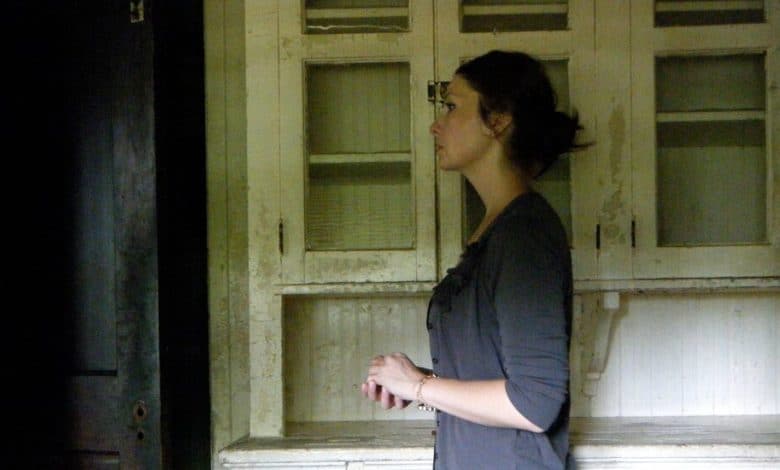A Memoir of a Marriage Cut Short and the Secrets Left Behind

MOLLY, by Blake Butler
The first sign that “Molly” is not going to be a typical memoir arrives on Page 20. That’s when the author, Blake Butler, finds himself on his hands and knees in agony beside his wife, whose body he has found in wild grass after she has ended her life with a handgun. It is at this moment that he is stung by a bee — the first bee sting of his life — on his right eyelid. It is as if the universe is declaring: Here is some extra awfulness, friend, just for you.
“Molly” carries on in this fashion. It’s an atrocity exhibition. Butler taps a vein of garish and almost comic malevolence that keeps flowing.
You may have heard about “Molly.” It was published in December, but the tide of its impact is still rising. It is into its fourth printing and has become an unexpected hit for Archway Editions, its small Brooklyn-based publisher. Its champions include the writers Patricia Lockwood, Catherine Lacey and Emma Cline. I missed it when it came out. A few weeks ago, I realized that nearly everyone I knew was toting a copy around. People talked about it in unusual terms, as if it had given them a mysterious nosebleed.
If I had to boil their comments down to a sentence, it might be: “I loved ‘Molly’ until I began to loathe it, then I admired it again before wanting to bury it in the yard.” I don’t have a yard. But I did drop “Molly” behind the couch, twice. Both times I groaned and fetched it out again.
It’s a disordered book, almost Lovecraftian at times in its airless luridness. By the end, the writing has become both tedious and odious. But the first 125 pages or so are electric and sharply observed. These pages have a midnight sort of impact many novelists would kill to smuggle into their fiction. This impact is amplified by photographs of its subject throughout. These can resemble Francesca Woodman’s otherworldly images.
“Molly” is about the writer Molly Brodak, who decided at 39 that the up in her could no longer fight the down. Her husband finds the many journals she left behind, some in plain sight. He reads them, as well as the contents of her laptop and phone, and he sees things he did not want to see, including graphic proof of nearly constant infidelities. He exploits this material to its fullest in his telling of their lives together.